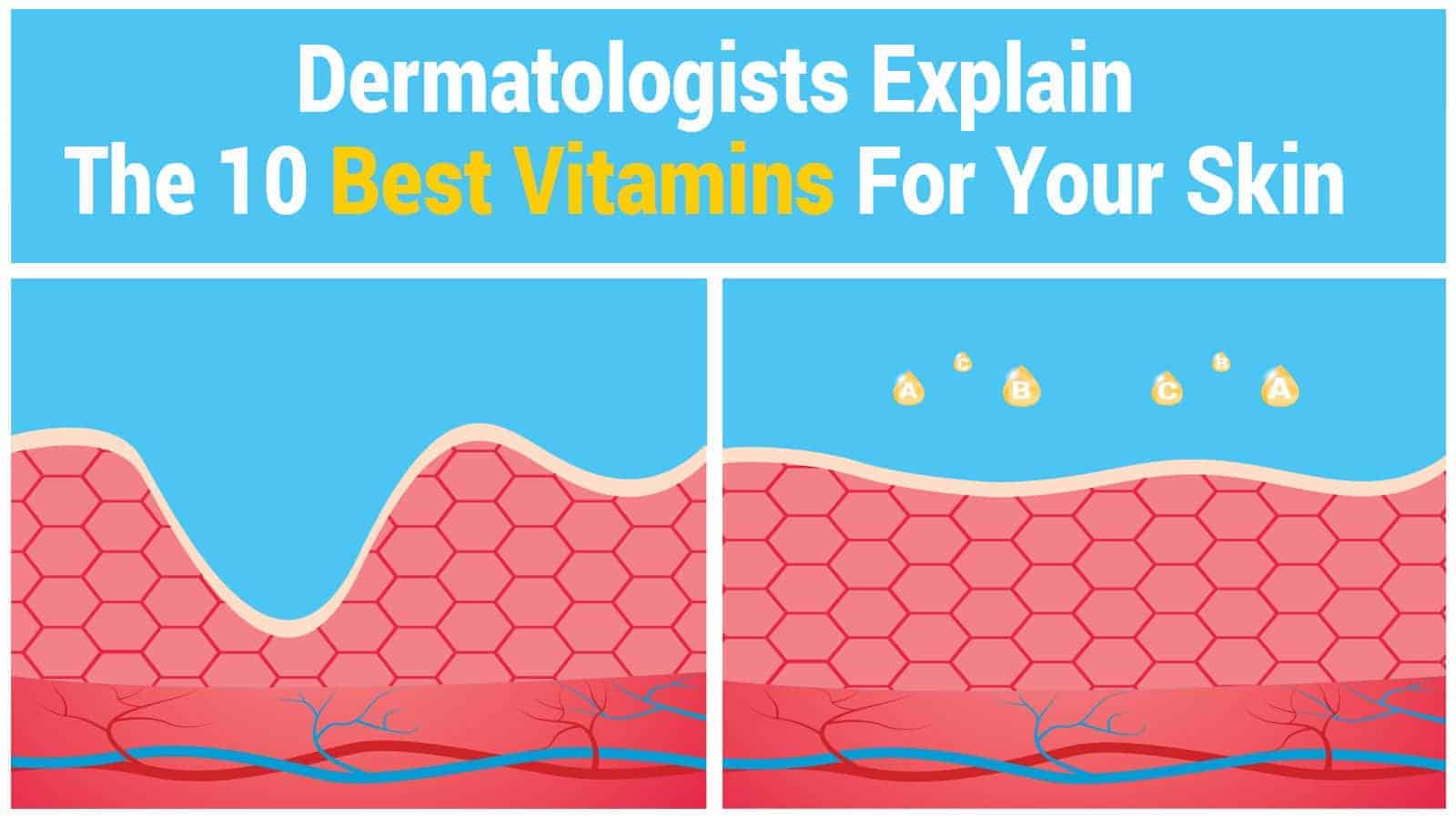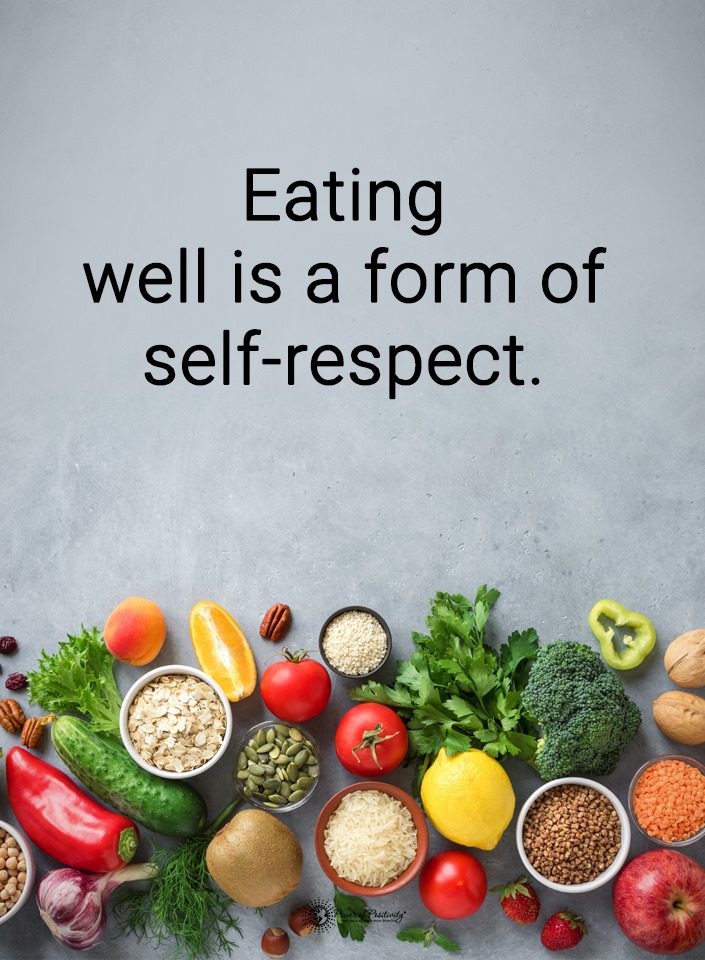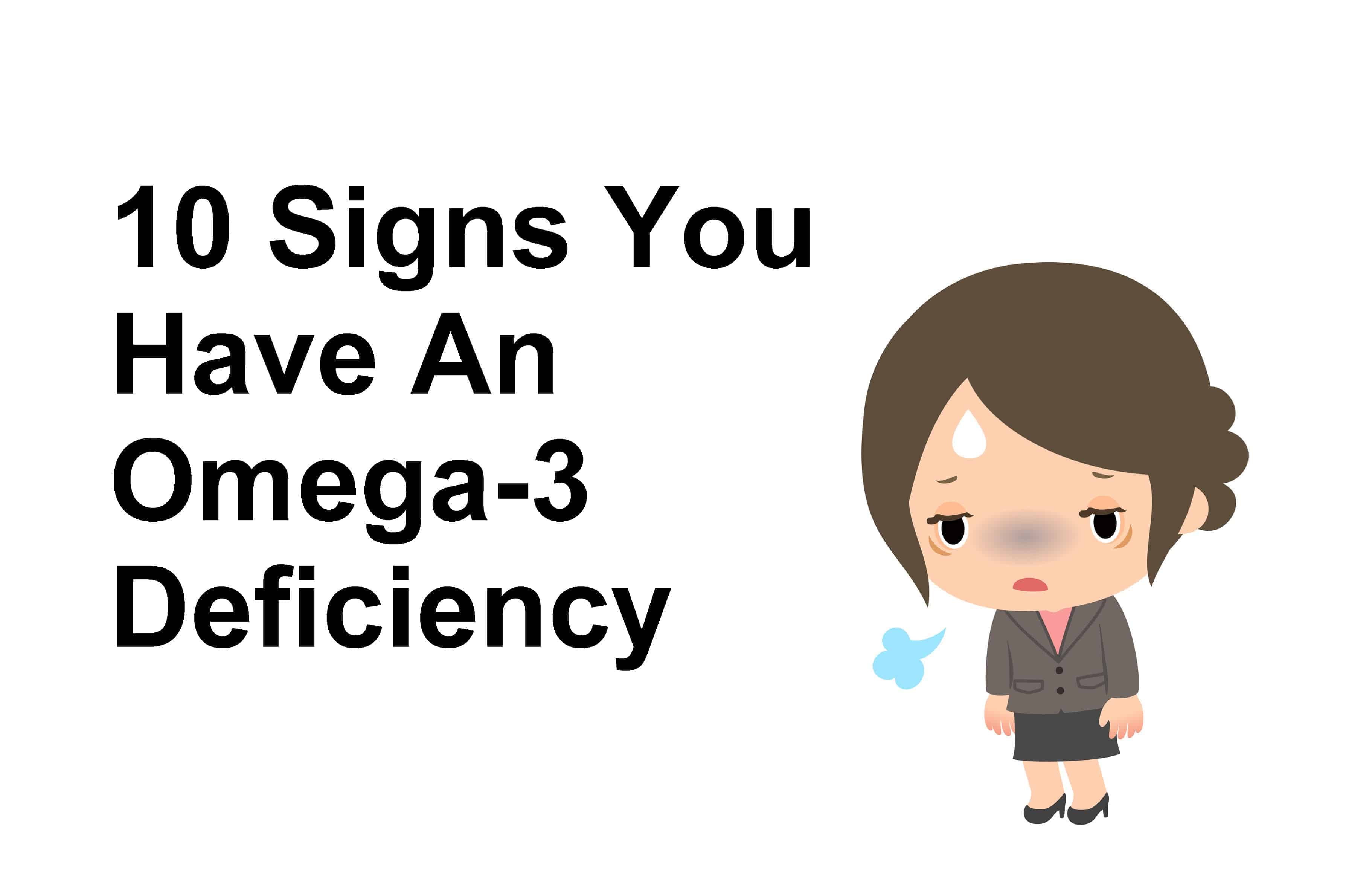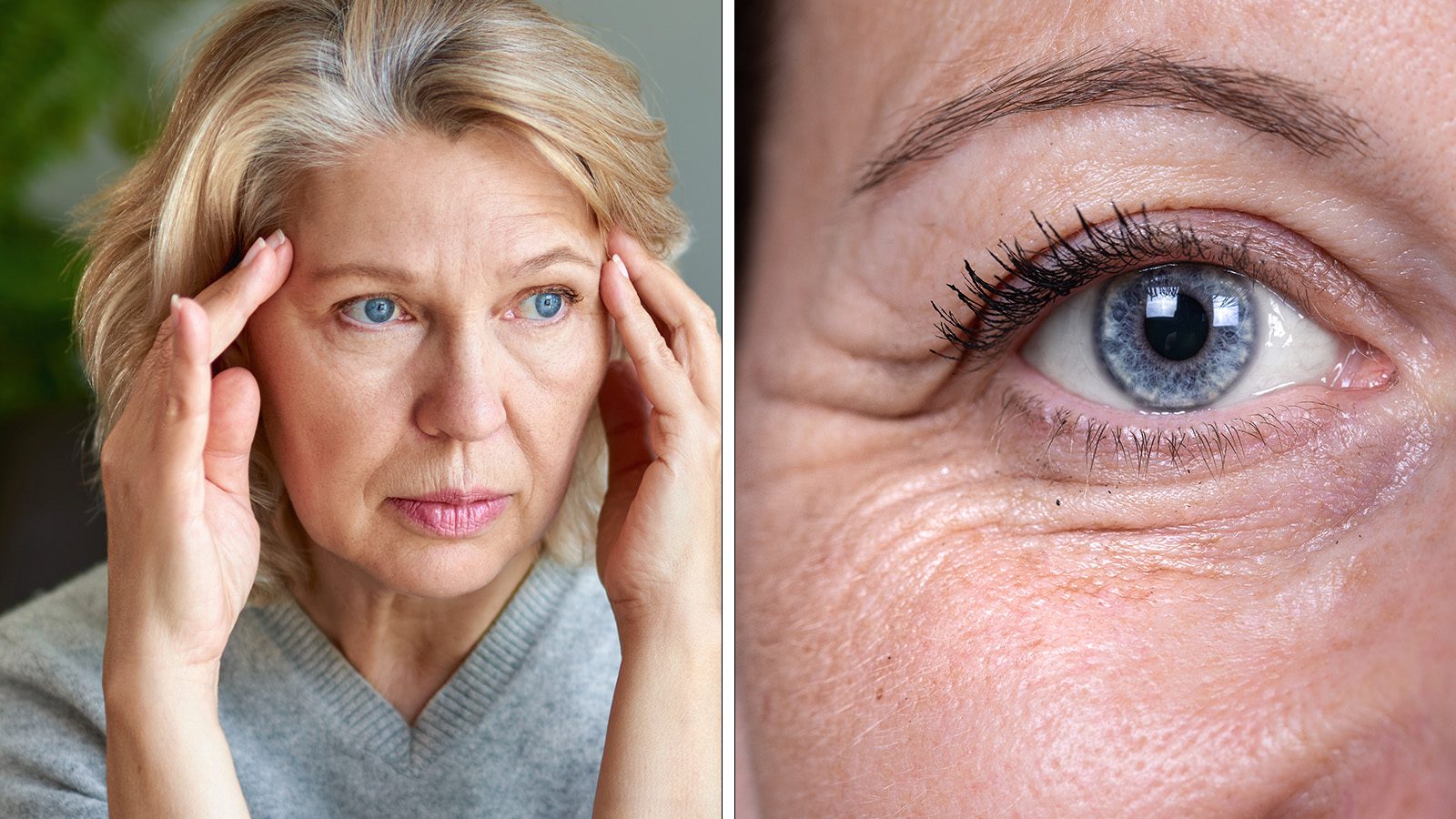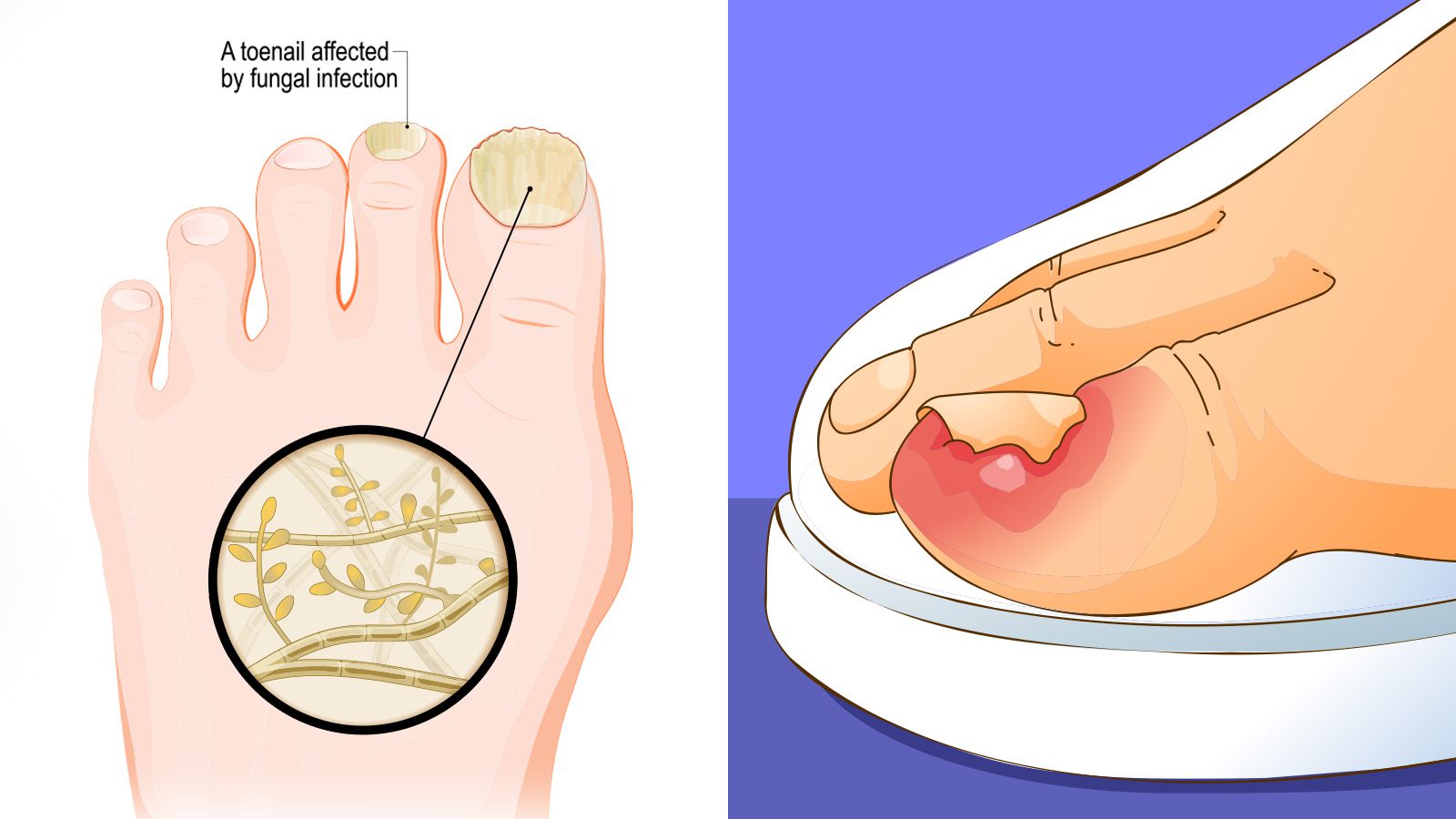Skin is one of the most amazing organs of your body. It’s your body’s personal force field, protecting your body from everything – from extreme temperatures to excess moisture to dangerous chemicals. So, protecting your skin from damage is essential and keeping it as healthy as possible.
Besides its protective function, your skin is also the most visible part of your body. Keeping it beautiful and slowing the inevitable effects of aging can become an obsession. But the most important goal should be to keep your skin, along with the rest of your body, in good health.
Maintaining skin health often means preventing free radicals from causing skin cell damage. Vitamin and mineral supplements can help fight cell damage that accelerates the signs of aging and other skin ailments such as eczema.
In fact, your skin can sometimes be very telling when it comes to vitamin and mineral deficiencies. When your skin is not healthy, other areas may also suffer. Feeding your skin from the inside makes you look younger and more energetic to match. Here are 10 of the most crucial vitamins for skin health, which dermatologists recommend to keep your skin glowing and rejuvenated.
These Are The 10 Best Vitamins For Your Skin
1. Vitamin A
As one of the most essential vitamins for the skin, vitamin A, or retinol, is helpful in all the primary layers of skin. It helps maintain collagen levels and thus protects cells from sun damage. It also helps to heal surface wounds and assists the function of oil glands around hair follicles. Vitamin A promotes healthy cell regeneration. This results in fewer wrinkles and can even help fight against the development of skin cancer when applied topically.
You can obtain Vitamin A from a healthy diet. You’ll find it in dark green leafy vegetables and orange and yellow fruits and vegetables. It is also found in eggs, fortified milk, and cereal. Vitamin A can be taken as a supplement and is an ingredient in many anti-aging creams.
2. Vitamin C
We cannot underestimate the value of the powerful antioxidant content in Vitamin C. In your skin, Vitamin C helps build and maintain the proteins in collagen. It also fights damage from free radicals and damaging rays of the sun. It can help prevent or lighten age spots when used topically.
As with many vitamins for skin, vitamin C, or ascorbic acid, can be found in many dietary sources. Besides citrus and other fruits, you’ll find it in broccoli, Brussels sprouts, cauliflower, tomatoes, and potatoes. Many skin-care products include vitamin C as an ingredient, and every multivitamin contains it also.[2]
3. Vitamin E
Vitamin E is also an important antioxidant known for its healing properties. It has long been recognized as one of the more important vitamins for skin health. Vitamin E works alongside Vitamin C to strengthen cell walls. It also helps protect you from ultraviolet radiation and damage from free radical molecules. This vitamin helps prevent dryness and inflammation and can also help fight against skin cancer.
You can obtain Vitamin E in your diet by eating nuts and seeds, especially almonds and sunflower seeds. It is also found in spinach, broccoli, and sweet red peppers. It is available as a supplement or in many lotions and other skin care products.
4. Vitamin D
The most well-known source of vitamin D is sunshine. If you live in an area with plenty of pleasant, sunny days, you should find it fairly easy to maintain recommended levels. As little as ten minutes of exposure each day should do the trick. This vitamin helps produce healthy cells throughout the body and is one of the key vitamins for skin maintenance. It can assist in maintaining skin tone and heal wounds faster.
Although it is almost impossible to replace the effects of sunlight itself, Vitamin D can also be found in dietary sources. Fatty fish like tuna and salmon, cheese, eggs, and fortified foods all contain Vitamin D. It is also included in topical skin care creams and lotions or as a topical oil.
5. Vitamin K
Although this vitamin may not be talked about as often, it is essential to blood flow and clotting and helps heal wounds with a minimum of scarring. It can also help heal stretch marks, spider veins, age spots, and circles under the eyes. It can be used topically to treat rosacea and reduce bruising and inflammation.
Vitamin K deficiency is rare in the U.S. The vitamin exists in many green, leafy vegetables in broccoli, cauliflower, and Brussels sprouts, and in smaller amounts in fish, meat, and eggs. It is included in many creams developed to reduce scarring after surgery and encourage healing for other skin wounds.
6. Vitamin B3
Vitamin B3, or niacinamide, is also a potent antioxidant in the list of vitamins for skin health. It is often used in creams for treating acne or other skin rashes. B3 is an essential vitamin, which means it is not naturally synthesized in the body. Studies have shown it to be helpful for certain skin cancers. The vitamin can help heal damaged cells, improve hydration, and promote a healthy glow.
Peanuts provide a good source of vitamin B3. Meat, legumes, and seeds also contain this vitamin. Portabella mushrooms give you a good amount of this important nutrient. The vitamin can also be found as an individual supplement or in topical form.
7. Zinc
Zinc is such an important mineral for the outer layer of your skin that it is critical to list with vitamins for skin maintenance and health. It strengthens the cell walls and helps injuries heal. The mineral can also act as an antioxidant to protect from and heal damage caused by UV rays. A zinc shortage can cause an itchy rash that does not respond to moisturizers or steroid treatments.
Zinc is also an anti-inflammatory with many of the same properties of vitamin A. It has been widely studied for use in fighting acne. It also helps to treat skin conditions such as eczema and rosacea. Zinc is an essential mineral found in meat, dairy products, legumes, and nuts. It is included in most multivitamins and in topical creams.
8. Omega-3 Fatty Acids
A very important dietary consideration for healthy skin is Omega-3 fatty acids. These nutrients help to nurture the skin from within, keeping it firm and flexible and preventing wrinkles. They may also help to fight the growth and spread of skin cancer and inflammation. Fatty acids help build strong cell membranes, keeping your protective barrier strong.
Seafood is a significant source of Omega-3 fatty acids. Walnuts are another excellent source. Omega-3 can be found in some topical creams but is more effective as part of a balanced diet. These fatty acids are essential to list with vitamins for skin and other vital functions.
9. Sulfur
Like the last two nutrients listed, sulfur is not a vitamin. However, it is essential to skin health for several reasons. Sulfur has antibacterial properties that can help control the overproduction of oil in the skin. It is also antifungal and antibacterial, making it a natural acne fighter.
Sulfur can be used as a facial mask to cleanse and exfoliate pores. Sometimes recommended by dermatologists, it fights aggravating skin conditions. Sulfur can irritate, so test on a small patch before applying a mask or other topical cream.
10. Polyphenols
Polyphenols are antioxidants found naturally in some foods we love, such as chocolate, grapes, pomegranates, and green tea. Recent research suggests polyphenols can be powerful aids in rejuvenating skin. They can help repair signs of aging and aid in the fight against skin cancer and other UV damage. Some consider them to be as essential as the above-listed vitamins for skin vitality.
Polyphenols are found in many plant-based foods, including dark chocolate. Berries, beans, and nuts are among the top foods rich in these powerful antioxidants. They can also be found in a variety of skin-care creams and treatments. Polyphenols can help our skin deal with the everyday stresses of exposure and contaminants to maintain a more healthy, youthful appearance.
Final Thoughts
Maintaining a balanced, healthy diet is the best source of vitamins for skin rejuvenation and overall health. There are, however, oral and topical supplements available. These may be especially useful for anyone with specific skin disorders.
The above list is only the beginning of the list of supplements to choose from for a fresher, younger appearance. Diet is also very important, with some foods such as broccoli mentioned repeatedly as healthy for your skin and hair.
A dermatologist can best advise you about what your skin needs to either recover or maintain a healthy balance. You are never too young to begin to care for this important organ of your body. Nourish it both inside and out and protect it so that you will be able to maintain both its beauty and functionality for a lifetime.

